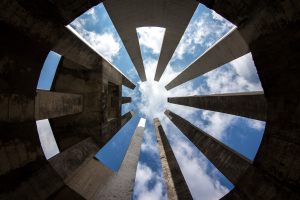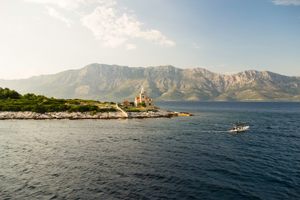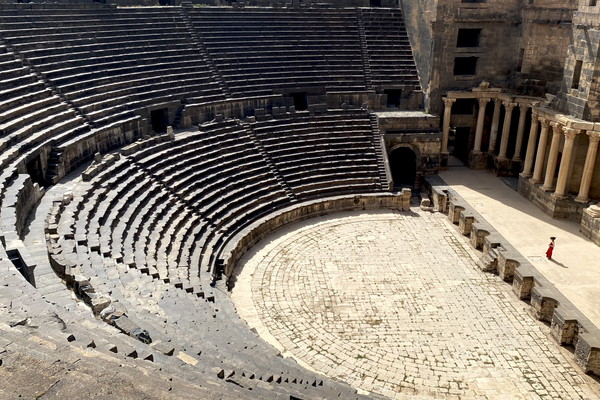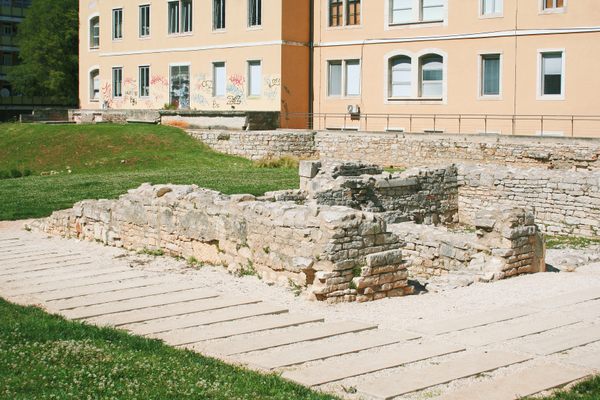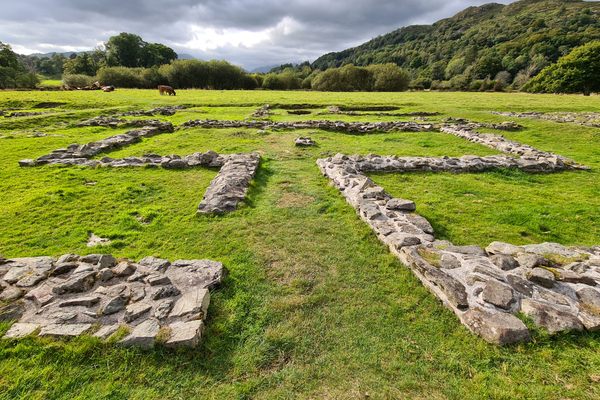About
Siscia, today Sisak in Croatia, was once a major city of the Roman provinces. Rising to its prominence in the late third century, it was appointed as the capital of Pannonia Savia when Diocletian reformed the Empire in 295, reinforcing its frontiers.
The city is largely forgotten today, but many collectors of Roman coins are familiar with it as it had a major mint and treasury. Established soon after Diocletian’s reforms, the Siscia mint had seven offices in its heyday and produced a huge number of bronze coins, intended for payment to the troops defending the borders. It would remain active until the reign of Honorius, circa 413.
Though an important river port along the Danube with a station for the imperial fleet, the significance of Sisak gradually declined as Sirmium (Sremska Mitrovica, Serbia) grew in power and even became one of the four capitals of the Tetrarchy.
Today, little remains of the ancient city of Siscia, except for a small portion of the defensive wall ruins outside Sisak Cathedral on Ban Jelačić Square, dubbed “Siscia in Situ” Archaeological Park. It’s not much, but enough to attract curious enthusiasts of Roman history, if not casual tourists.
Related Tags
Balkans Road Trip: Serbia, Croatia & Bosnia and Herzegovina
Traverse the beauty and history of the Balkans through locals' stories.
Book NowCommunity Contributors
Added By
Published
September 12, 2024









